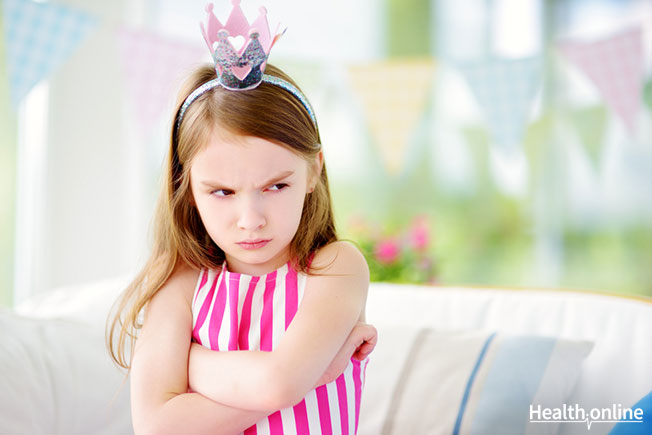
Handling Your Child’s Mood Swings
Children have mood swings like an emotional rollercoaster. It becomes hard for parents to understand their feelings and to know what is going on in their tiny little heads. Children come across many new things that can be confusing at their age. At such a tender age, it is usual that your child has many questions in her / his mind.
Children’s behavior depends on their age, personality, and physical and emotional development. A child’s behavior may be a problem if it doesn’t match the expectations of the family, or if it is troublesome
So why do mood swings occur?
There is no scientific fact to support these theories, but it has been laid out that genetic inheritance is one of the causes. Children who are in their pre-teen phase will show symptoms of such erratic behavior. It has also been claimed that as children pick up their parents’ attributes very easily, they may have been exposed to their parents’ mood swings.
Another theory states that environmental stress plays a big role in making your child’s emotions awry. Environmental stress can be termed as peer pressure combined with studies at school. A child’s early social life will determine her / his future approach towards friendship and society. Not getting accepted in a friend circle or not getting the chance to play with the cool kids can put pressure on your child. Since children do not care about the consequences of their emotional outburst, they will not hold the anger within. This results in children acting impulsively and behaving recklessly.
Sometimes, obesity can be one of the reasons why your child is suffering from such emotional trauma. At one point your child may appear very happy and cheerful, but at the next moment, he or she may come across some picture which is bound to make her/him feel less special. Disabilities are sometimes picked upon in school. It is recommended that you, as a parent, should closely look at who your child is spending most of the time with.
It is important to distinguish between a mood swing and a mental disorder
Mental disorders in children are not uncommon. Your child’s connection with emotions could be disturbed due to certain changes in the pre-adolescence age. it is important to consult a child psychologist to make sure your child’s mood swings are not a part of a mental disorder.
How to handle the sudden changes in behavior? It is a lot of hard work being a parent, and it becomes harder when you have to deal with your child’s nagging even. Here are some ways to deal with your child’s emotional outburst and mood swings:
- Do not ask ‘What is wrong?’ Instead, you can ask ‘Will you explain to me why you said that/did that?’ in a calm voice so that your child does not feel threatened.
- Play some games that your child likes with her/him. For example, playing tea party using dolls with 8-year-old daughter’s is the best way to make her feel loved.
- Keep in touch with your child’s friends and their parents. Familiarizing with your child’s friends will make you understand your child’s social life and how she/he is dealing with it.
- Do not scold your child if he or she misbehaves for no reason. Be understanding and enforce positive discipline which will focus on the developing your child.
- Make your child sit down and ask her/him ‘How can I help you?’ or ‘What are you thinking, sweetie? Such questions will immediately help your child’s mood. At the end of the discussion do not forget to hug your child, because love is the greatest healer.




